How has advertising changed in the iGaming industry?
As with pretty much every industry around, advertising is an essential part of the iGaming sector. It helps providers reach new players and offer a more tailored experience. However, advertising is also carefully regulated in the industry to help prevent exacerbating harm and exposure to vulnerable groups.
From the whistle-to-whistle ban to the upcoming removal of gambling providers from football shirts, there’s been plenty of changes to how advertising works in the iGaming industry. We’ll look at how marketing has evolved in the industry and where it’s set to go in the future. Let’s get started!
The Role of Advertising in iGaming
Firstly, let’s look at the role that advertising plays in the iGaming industry. In a massively competitive market, it’s absolutely essential to attract new players to games and offer a unique experience. Advertising offers, such as the wide variety of bonuses on offer at online providers, help to gain new players' attention.
It also reshapes how many view casinos. Land-based casinos aim to offer a luxurious, exclusive experience, perfect for a special occasion. In contrast, their online counterparts target inclusion by making sure all players can get involved in the action. Promoting things like their no or low deposit bonuses, as well as the low financial boundaries to games like slots (which can start from as little as 10p a spin), helps to change this view and appeal to new players.
AI and Tailored Marketing
A big change in the way advertising works in the iGaming industry has come at the robotic hands of artificial intelligence. Using AI helps iGaming providers offer a more personal, customised experience for players and target marketing towards their preferences. Firstly, it’s able to produce more accurate analytics than a human could. AI does this by processing a wider range of data at a much faster pace, allowing providers to understand the specific preferences of players.
They’re able to capitalise on this knowledge by adapting their marketing to target the specific preferences. Say I’m a fiend for slots, when the AI detects this, it can also be used to alter the recommendations, marketing banners, and other adverts I see to reflect that.
That’s why you’ll often see adverts for something you were just searching for when browsing! Rather than categorising players into groups based on their preferences, AI allows for a truly personalised experience on a wider scale.¹
Promoting Responsible Gambling
Another important role that advertising plays in the iGaming world is in promoting responsible gambling. At this point, you’ve likely seen a responsible gambling advert on television, like Take Time to Think, which encourages players to pause and reflect before gambling. These campaigns promote responsible gambling, and their widespread advertisement has helped spread the message further.
The Betting and Gaming Council, the industry’s standard body in the UK, works alongside the Government to promote the message of responsible gambling. Following the Covid-19 pandemic, they agreed to increase the number of responsible gambling messages so that at least 20% of industry ads now focus on the subject.² This followed up on changes to TV and radio ads, which the industry agreed to suspend for the first six weeks of lockdown in order to prevent gambling harm.
Rising Concern Over iGaming Advertising
Despite efforts to make advertising in the iGaming industry safer, there are still prominent concerns over whether enough is being done to prevent harm. A recent GambleAware study found that almost 90% of those between the ages of 11 and 17 reported encountering gambling content via social media or influencers, which encouraged a quarter to place a bet.³
The Impact of Increased Exposure to iGaming Ads
A review of 1,024 papers on gambling harm found that increased exposure to gambling advertising caused “more positive attitudes to gambling, greater intention to gamble and increased gambling activity”.⁴ It highlighted that the relationship between gambling ads and harm worked as a cycle. Increased exposure to gambling ads saw more frequent gambling activity, which in turn, left players at greater risk of harm.
Vulnerable groups, like those underage or those who are already suffering from a gambling-related problem, are most at risk of harm from gambling ads. They are more likely to be influenced by ads, especially ones that feature people of authority and influence, like celebrities, influencers, or sports stars.
Seeing gambling ads from an early age also leads to the normalisation of gambling, which can leave those who experience it, once again, at greater risk of harm.
How Do Increased Gambling Levels Impact Players?
For those vulnerable to problem gambling, being encouraged to further engage with it by ads can have serious consequences financially, emotionally, and socially. It can lead to dangerous behaviours like overspending and chasing losses, which can cause them to fall behind with rent and bills. The mental health of players suffering from a problem can also be impacted, leading to higher rates of depression and anxiety.⁵
It’s not only the person who has the gambling problem who is impacted; their family and friends can also be affected. A survey by GambleAware found that 93% of respondents had their financial security impacted by their loved one’s problem gambling.⁶ A further 89% also saw a reduction in spending money, and almost a quarter reported losing a significant asset like a car or home. As a result, a problem gambler’s relationships with others can suffer.
So, What is Being Done to Prevent Harm From Gambling?
As a result of the continued concern over the relationship between exposure to gambling ads and increased levels of harm, the industry and Government have introduced tight regulation on advertising.
One recent change was the whistle-to-whistle ban on gambling ads introduced in 2018. Gambling providers voluntarily agreed to stop advertising five minutes before to five minutes after a sporting event, such as a football match. It followed the 2018 World Cup in Russia, where over 90 minutes of gambling ads were shown across matches.⁷ The aim was to lessen exposure to gambling ads, especially for vulnerable groups.
What Else has Been Changed?
As well as the recent ban on gambling ads during sporting events, providers have also agreed to stop sponsoring the front of football shirts. From the 2026 to 2027 season, no gambling providers will appear on the front of shirts in English football leagues, but they will be able to continue to appear on sleeves, which many argue defeats the point.
A 2022 change took aim at celebrities and sports figures being used in gambling ads, who, it was said, disproportionately appeal to young people. You might recall gambling ads featuring the likes of Jose Mourinho or Harry Redknapp, but since 2022, the practice has been banned. Campaigners hope the change will prevent the influence of ads on vulnerable groups, especially underage players.
Has Enough Been Done to Prevent Harm From Gambling Ads?
Advertising remains an essential part of the iGaming industry, helping to appeal to more players and offering a tailored experience. However, its influence needs to be treated with caution to try to prevent the harm associated with increased exposure to gambling ads, especially for vulnerable players.
Although movement is being made to reduce exposure, such as the whistle-to-whistle ban and removing gambling sponsors from the front of footballers' shirts, many argue it still falls short. It remains to be seen how advertising will change in the iGaming industry in the future, but it will certainly continue to play a key role in the industry.
¹ How AI Makes Marketers More Effective, Written by Kathleen Walch, Published by Forbes.

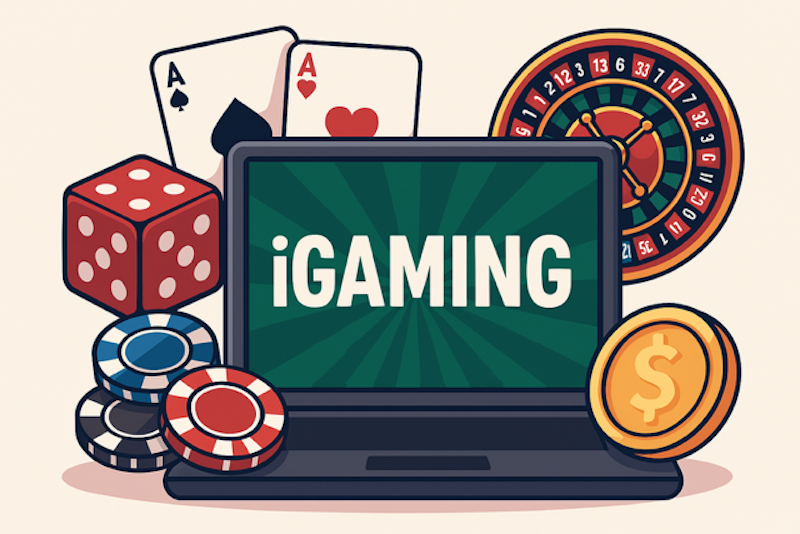





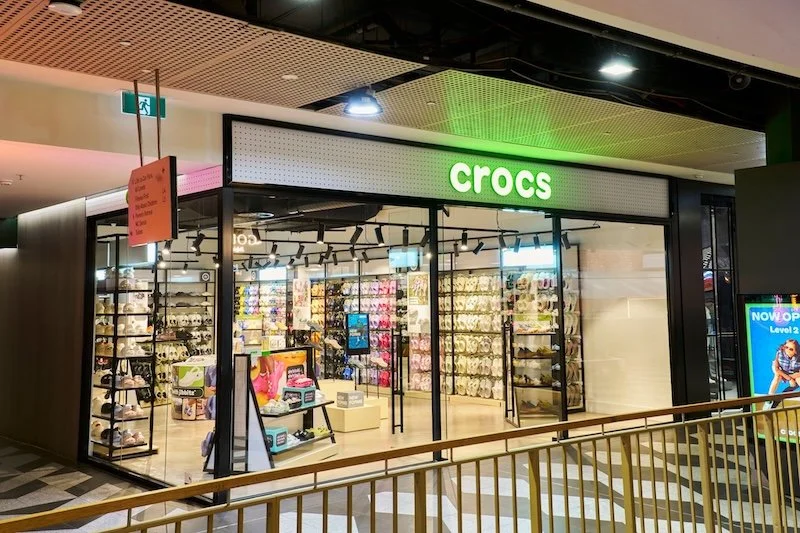


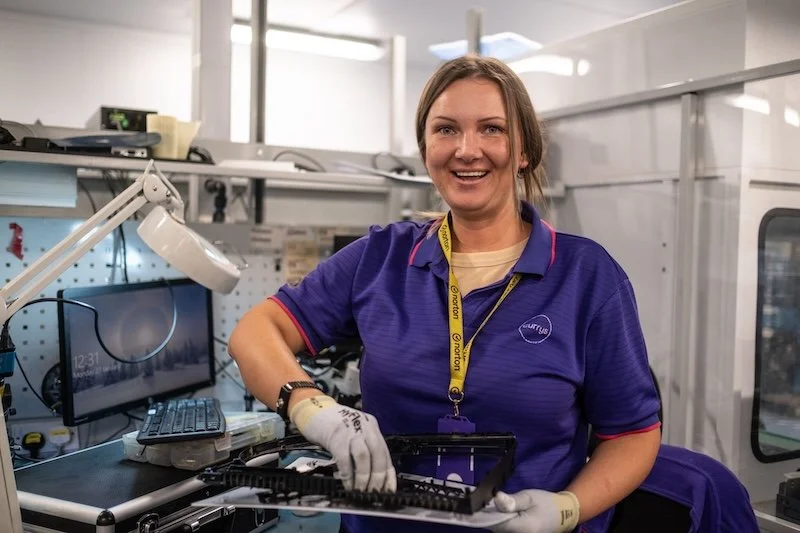






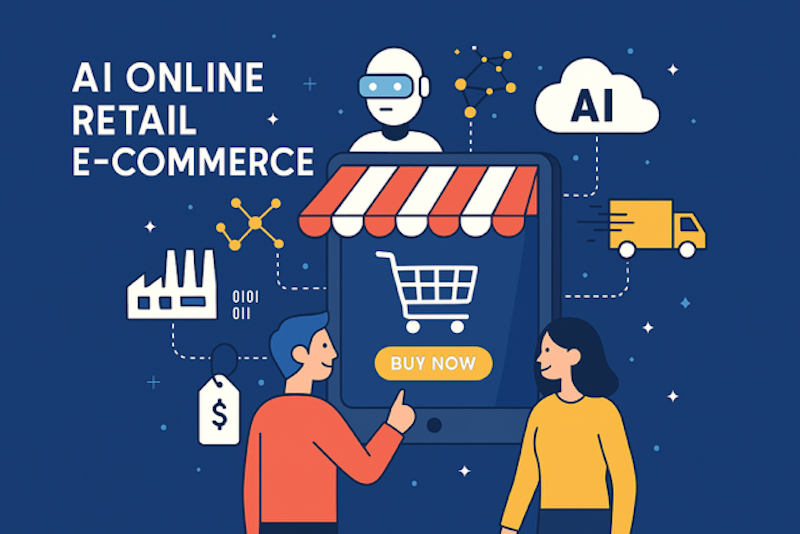
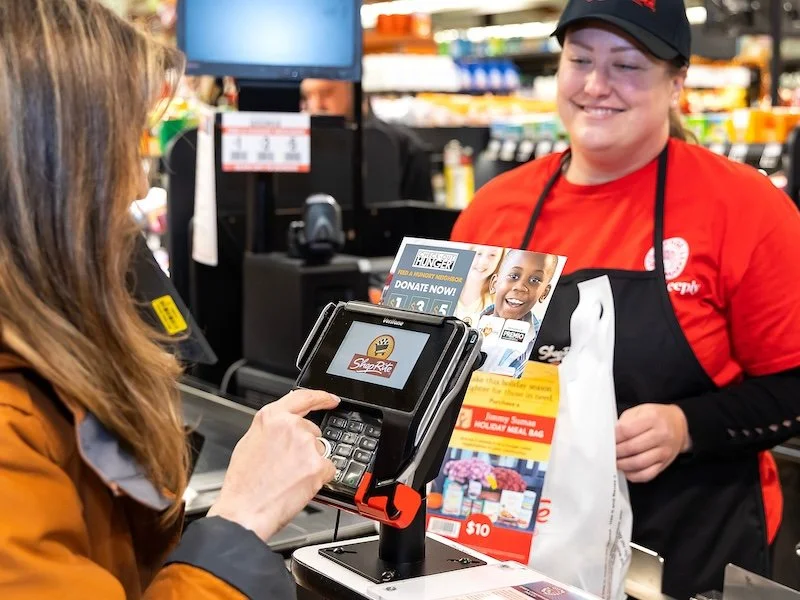




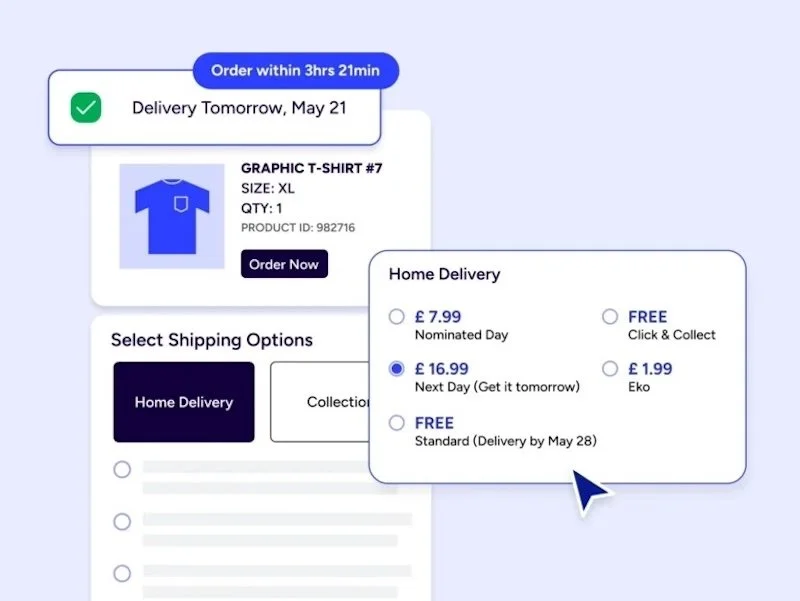







Continue reading…